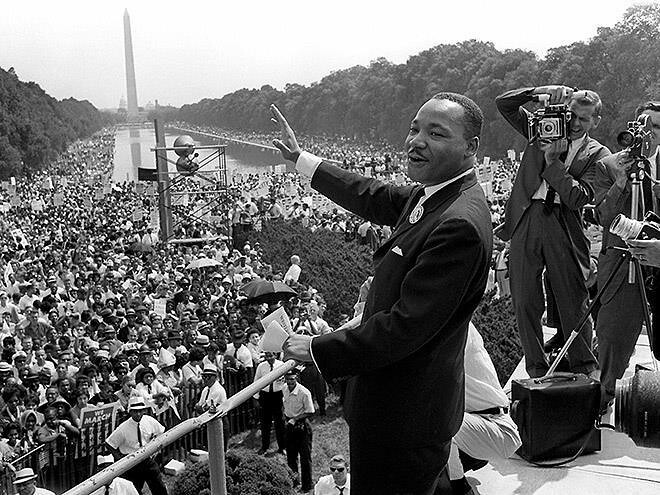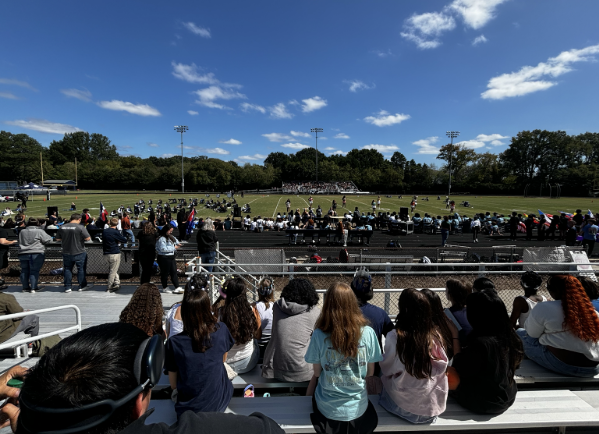What really happened to Martin Luther King, Jr.?
Delivering his historic “I Have A Dream Speech,” Martin Luther King, Jr. reaches the hearts and lives of all of those who are experiencing racial inequality as a way to give them hope. He was assassinated in April of 1968 by convicted gunman James Earl Ray; however, King’s family believed that the FBI was involved in his murder.
January 20, 2020
All of us are aware of Martin Luther King, Jr. and how his determined, activist lifestyle transformed society during the Civil Rights Movement. Although he made a monumental impact on society and changed the way race and ethnicity are viewed to this day, he was assassinated in April of 1968. According to the FBI, the gunman who killed Martin Luther King was James Earl Ray. He was convicted of shooting Martin Luther King on the balcony of the Lorraine Motel in Memphis, Tennessee, which brings us to the plot twist of the story.
After the assassination, his family did not fully trust the findings and conclusions made by the FBI. King’s family, however, believed that James Earl Ray was not responsible and that he was set up to take the fall for his murder. James Earl Ray was a criminal who had been convicted of multiple crimes before he was found guilty of MLK’s assassination. During the FBI investigation, they traced evidence to a house across the street from the motel King was staying at. They found a bag that contained a pair of binoculars, a newspaper article written about King that stated where he was staying, and a .30-06 Remington Gamemaster that fired one shot. The fingerprints found at the scene all matched to the instantly fleeing James Earl Ray. Ray eventually served a 99-year prison sentence which began when he confessed to the crime in March of 1969 and increased to 100 years after he escaped in 1977.
Coretta Scott King, the widow of King, along with his family, believed in Ray’s innocence. They suspected that the FBI was involved in the murder of her past husband, a man who had changed the United States with his “I Have A Dream Speech.” Her reasoning was supported by the way that the bureau and authorities had treated her family all throughout King’s leadership among racial issues and the immediate change he was bringing to society. The harassment that Coretta King was referencing consisted of the FBI wiretapping his phone calls and checking up on his every move in order to attack and take advantage of his possible mistakes as a manipulative tactic. Up until her death in 2006, Coretta King never had a doubt that the FBI was involved in the assassination of her husband. Although her theory was never proven correct, she consistently believed that Ray was innocent and was set up to take the FBI’s fall.
Now, as today is Martin Luther King Day, we are able to celebrate and commemorate his accomplishments. According to senior Will Saby, “Martin Luther King was a key part of the Civil Rights Movement, as his leadership and strategy of civil disobedience helped push the movement. If he did not die as soon as he did, he might have been able to push for more economic and social equality for African Americans.” No matter what the conspiracy is or who is guilty of his assassination, his biggest supporters during the Civil Rights Movement lost someone who they never thought they would need to fight for them. They lost their refuge and their unforeseen hope during a harsh and troubling times. His assassination was a tragic event in history, but he left an even bigger mark on the world and the United Staes as a whole each time he stood up for all African Americans and people of color who had experienced unfair treatment.












